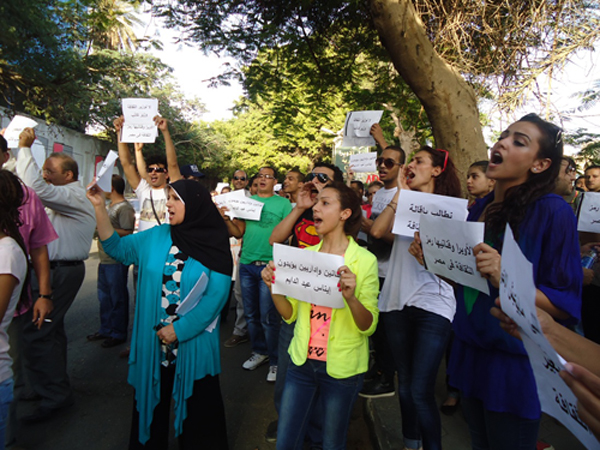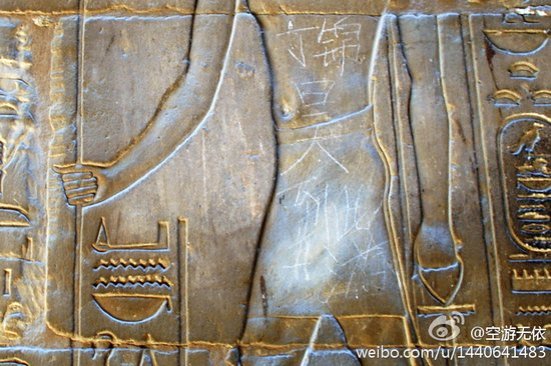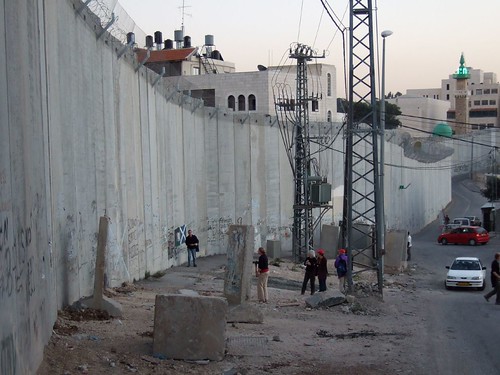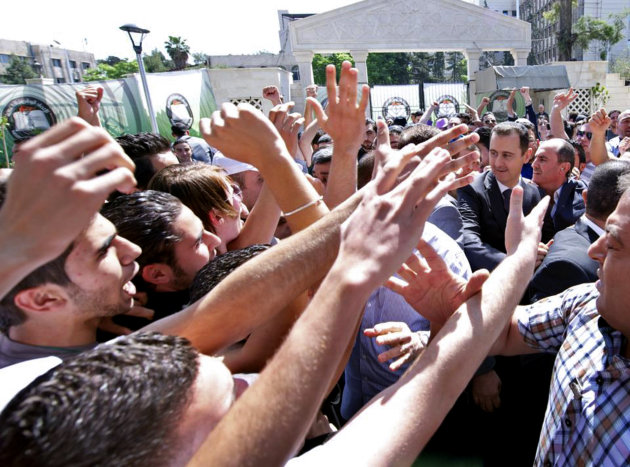Artists and staff of the Cairo Opera
House declared a strike on Tuesday 28 May to protest the recent dismissal by
Egypt's new culture minister of Cairo Opera House head Ines Abdel-Dayem.
The dismissal of Abdel-Dayem is the third in a series of sackings of senior officials by the new minister of culture since he took office three weeks ago, after Ahmed Mujahid, head of the Egyptian General Book Authority, and Salah El-Meleigy, head of the Fine Arts Sector.
Following the official announcement of Abdel-Dayem’s dismissal on Tuesday morning, the minister named Reda El-Wakil, currently head of the Artistic House at the Cairo Opera House, to be her successor. El-Wakil stated on his Facebook page: "I decline to accept the position…the entire Cairo Opera House family trusts Dr. Ines Abdel-Dayem, and wishes her success in resuming her post as head of the Cairo Opera House."
The Shura Council was discussing the budget on Tuesday of the opera house, and recommended that it be reduced. One of the members of the Islamist-dominated Shura Council also suggested that ballet performances should be cancelled, due to the "nudity" they entail. The suggestion, however, was not given further consideration.
Tuesday’s protest by the opera house’s staff and artists was of an unprecedented scale. Over the past few months, many within the artistic community had expressed their dissatisfaction with the changes taking place in the country and perceived attacks on cultural freedom. Egyptian staff and musicians at the opera house have said that they will continue to strike until the new cultural minister steps down.
Artists also demonstrated outside the Cairo Opera House in Zamalek. (Photo: Ahram Online/Ati Metwaly)
The dismissal of Abdel-Dayem is the third in a series of sackings of senior officials by the new minister of culture since he took office three weeks ago, after Ahmed Mujahid, head of the Egyptian General Book Authority, and Salah El-Meleigy, head of the Fine Arts Sector.
Following the official announcement of Abdel-Dayem’s dismissal on Tuesday morning, the minister named Reda El-Wakil, currently head of the Artistic House at the Cairo Opera House, to be her successor. El-Wakil stated on his Facebook page: "I decline to accept the position…the entire Cairo Opera House family trusts Dr. Ines Abdel-Dayem, and wishes her success in resuming her post as head of the Cairo Opera House."
The Shura Council was discussing the budget on Tuesday of the opera house, and recommended that it be reduced. One of the members of the Islamist-dominated Shura Council also suggested that ballet performances should be cancelled, due to the "nudity" they entail. The suggestion, however, was not given further consideration.
Tuesday’s protest by the opera house’s staff and artists was of an unprecedented scale. Over the past few months, many within the artistic community had expressed their dissatisfaction with the changes taking place in the country and perceived attacks on cultural freedom. Egyptian staff and musicians at the opera house have said that they will continue to strike until the new cultural minister steps down.

Artists also demonstrated outside the Cairo Opera House in Zamalek. (Photo: Ahram Online/Ati Metwaly)


.jpg)



 ...and after.
...and after.










